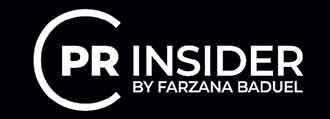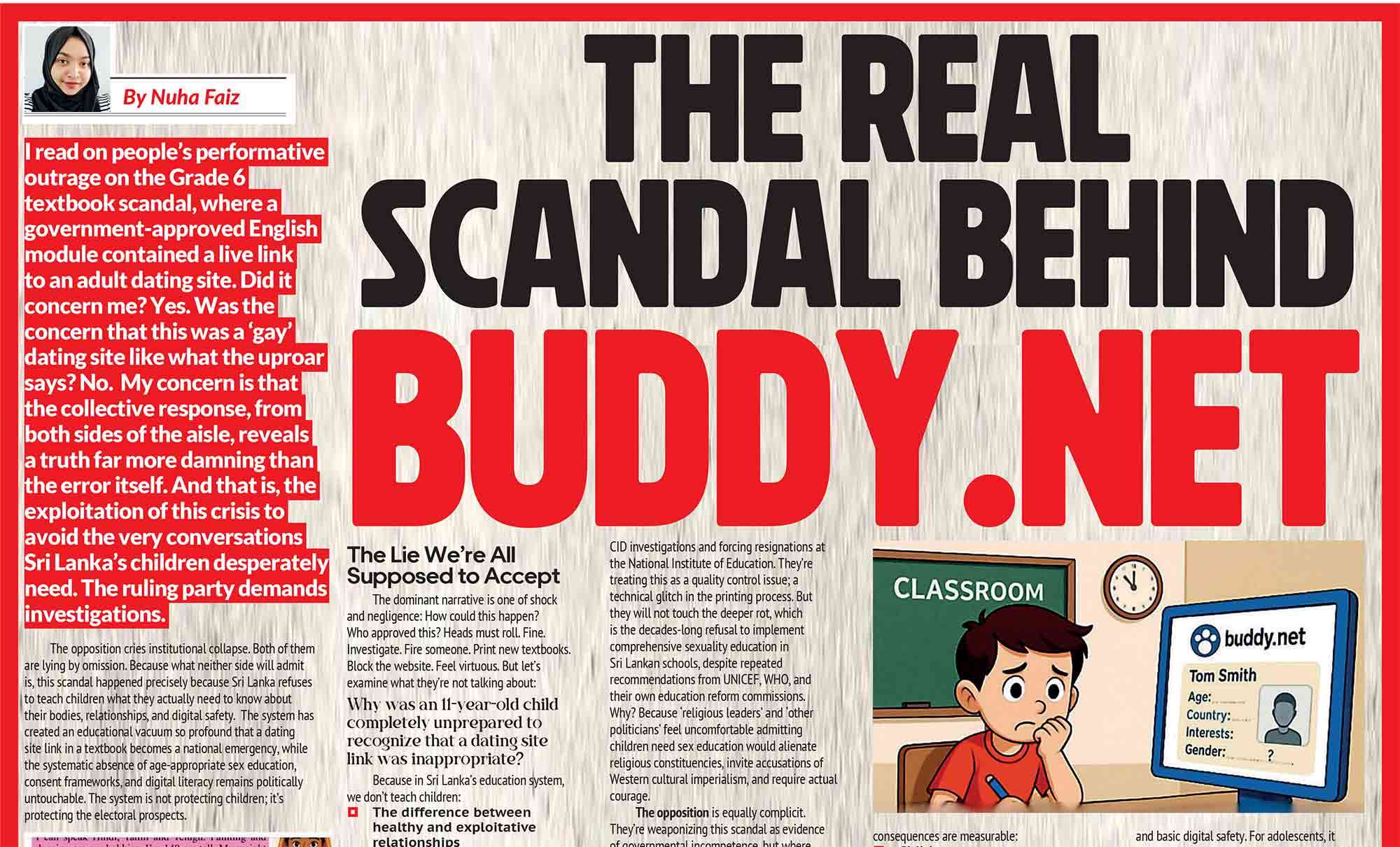

 Last week I chaired a panel at the Chartered Institute of Public Relations National Conference which explored a question that, until recently, many in our profession never imagined would be asked. Should PR professionals serve as non-executive directors as a standard. The discussion was lively and thoughtful, and what struck me most was how quickly the room agreed on one thing. Boards need communications expertise now more than ever. Our skills, once seen as peripheral, are rapidly becoming essential to strategic decision-making in organisations across every sector.
Last week I chaired a panel at the Chartered Institute of Public Relations National Conference which explored a question that, until recently, many in our profession never imagined would be asked. Should PR professionals serve as non-executive directors as a standard. The discussion was lively and thoughtful, and what struck me most was how quickly the room agreed on one thing. Boards need communications expertise now more than ever. Our skills, once seen as peripheral, are rapidly becoming essential to strategic decision-making in organisations across every sector.
When I joined my first board more than a decade ago, I had little idea of my duties as a non-executive director. I knew I had been selected because of my experience and relational capital, yet I often questioned my value. Like many women, I attributed this to imposter syndrome until formal training brought clarity. What has become clear over the years is that boards used to rely heavily on marketing expertise but rarely considered anyone from public relations. In a different era, this made sense. Marketing was the gateway to the customer and the customer was seen as the single dominant stakeholder. Those days are long gone.
The Era of Stakeholder Capitalism
Today, organisations operate in a world with a far wider set of stakeholders. Employees, suppliers, regulators, governments, journalists, influencers and local communities all play a vital role in shaping a company’s licence to operate. Public scrutiny is rising, and expectations of accountability are higher than ever. Younger generations in particular are deeply values driven. It is not enough for an organisation to offer a good product at an acceptable price. They want to know how it treats its employees. They examine supply chain conditions. They pay close attention to environmental, social and governance standards. They note whether diversity, equity and inclusion policies are exercised in practice or simply appear in brochures. Most importantly, they look for the values gap. That gap appears when an organisation says one thing but behaves differently. Nothing erodes trust faster. This new landscape demands a different kind of expertise inside the boardroom.
Why PR Belongs at the Top Table
We now live with a fragmented media environment. Traditional journalism competes with multiple social media platforms where misinformation and disinformation circulate with astonishing speed. AI generated content has introduced opportunity, but also new layers of risk. The information ecosystem has become a minefield, and trust has become an extremely fragile asset. It takes twenty years to build a reputation and twenty seconds to lose it. Boards can no longer afford to treat reputation as an afterthought. It sits firmly on the balance sheet and must be protected. Public relations professionals are uniquely equipped to support this work. We understand how internal realities collide with external perceptions. We are trained to sense risks early and communicate clearly under pressure. We understand the temperature of public sentiment, how issues evolve and how narratives form. We also excel at horizon scanning. While executives are focused on operational delivery, PR professionals naturally look further ahead, spotting both threats and opportunities. This is precisely what a board requires.
Crisis: Where PR Expertise Proves Its Worth
When a crisis hits, most organisations believe that the event itself will define them. In truth, it is the handling of the crisis that determines long term impact. Poor communication causes more damage than the crisis itself. Public relations professionals instinctively know how to communicate during difficult moments. We understand the importance of speed, honesty and humanity. We know how to keep the organisation visible, transparent and accountable rather than defensive or evasive. With misinformation now widespread, crisis management has never been more complex. Boards with PR representation are less likely to silence or sideline the communications function. Instead, they empower it. They ensure that the crisis is viewed not only through an operational lens but through the lens of public trust.
Serving as the Conscience of the Organisation
A PR professional on a board often plays the role of conscience. Not in a moralising way, but in a strategic way. We ask whether decisions align with stated values. We question whether the organisation will be proud of the outcome five years from now. We call out risks of scandal and reputational harm. Boards benefit from cognitive diversity. They need voices that think differently and challenge assumptions. In a world, where trust in institutions is constantly tested, the presence of a communications professional can strengthen both governance and public confidence.
The Rise of PR Professionals in Governance
We are now entering the golden age of PR. Communications professionals are finally being recognised for the breadth of their skill set. AI, complex social dynamics, activist communities and geopolitical tensions have made reputation a central lever of organisational success. Public relations professionals are no longer seen as part of the soft power of a business. They are increasingly viewed as essential risk engineers. And with risk now more reputational than operational, boards need that expertise inside the room.
Why You Should Consider a Board Role
Whether as a trustee of a charity, a school governor or a corporate non-executive director, serving on a board is one of the most rewarding experiences of a career. It forces you to think strategically rather than tactically. It pushes you to separate immediate pressures from long term goals. It broadens your understanding of how organisations function, how decisions are made and how risk is managed. Board roles also broaden your network. They expose you to people far outside your usual professional circles. They open new opportunities and allow you to build a portfolio career that is both diverse and intellectually stimulating. There is a rich landscape of charities, schools, family businesses, listed companies and purpose driven organisations. Many of them would benefit from the skills of communications professionals.
How to Get on a Board
If you are interested in serving on a board, begin by analysing the boards of organisations you admire. Look at their current composition. Identify skills gaps. Study their strategy, values and culture. Boards recruit for both expertise and fit. You do not need to wait politely to be asked. Reach out to board members. Meet the leadership team. Follow the organisation on social media. Demonstrate your interest. Every board role I secured came after many rejections. But each rejection sharpened my understanding of where I could add value. Even if board appointments remain network driven, the principles of visibility, credibility and relationship building remain universal.
What You Need to Know Once You Join
Once appointed, you should receive key governance documents. These include the letter of appointment, the articles of association, codes of conduct, protocols and organisational values. Not every board will have them. If they are missing, creating them may be your first contribution.
Governance means to steer. A non-executive director should steer by looking ahead, identifying risks and scanning the horizon for opportunities. You are not there to perform operations. That is the executive team’s role. You are there to provide oversight, insight and challenge. Risk management is central. Ask whether the organisation has directors and officers insurance. Declare all conflicts of interest, both real and perceived. Perception matters. Understand your legal responsibilities. Most boards meet quarterly. Preparation requires time and attention. Some roles are paid. Many, especially trusteeships, are voluntary. Both carry significant responsibility and the potential for real impact.
The Future Belongs to Communicators
Society is at a moment where trust, transparency and accountability are more important than ever. Boards that ignore communications risk falling out of sync with the world around them. Boards that embrace communications expertise gain the foresight and resilience needed to navigate uncertainty. This is the right moment for PR professionals to step forward. Organisations need communicators who can bridge the distance between internal intention and external expectation. They need people who understand society, sentiment and the shifting sands of reputation.
-----------------------
About The Writer
Farzana Baduel, President-elect (2026) of the Chartered Institute of Public Relations and CEO and Co-founder of Curzon PR (UK), is a leading specialist in global strategic communications. She advises entrepreneurs at Oxford’s Said Business School, co-founded the Asian Communications Network (UK), and serves on the boards of the Halo Trust, and Soho Theatre. Recognised on the PRWeek Power List and Provoke Media’s Innovator 25, she also co-hosts the podcast, Stories and Strategies. Farzana champions diversity, social mobility, and the power of storytelling to connect worlds.











